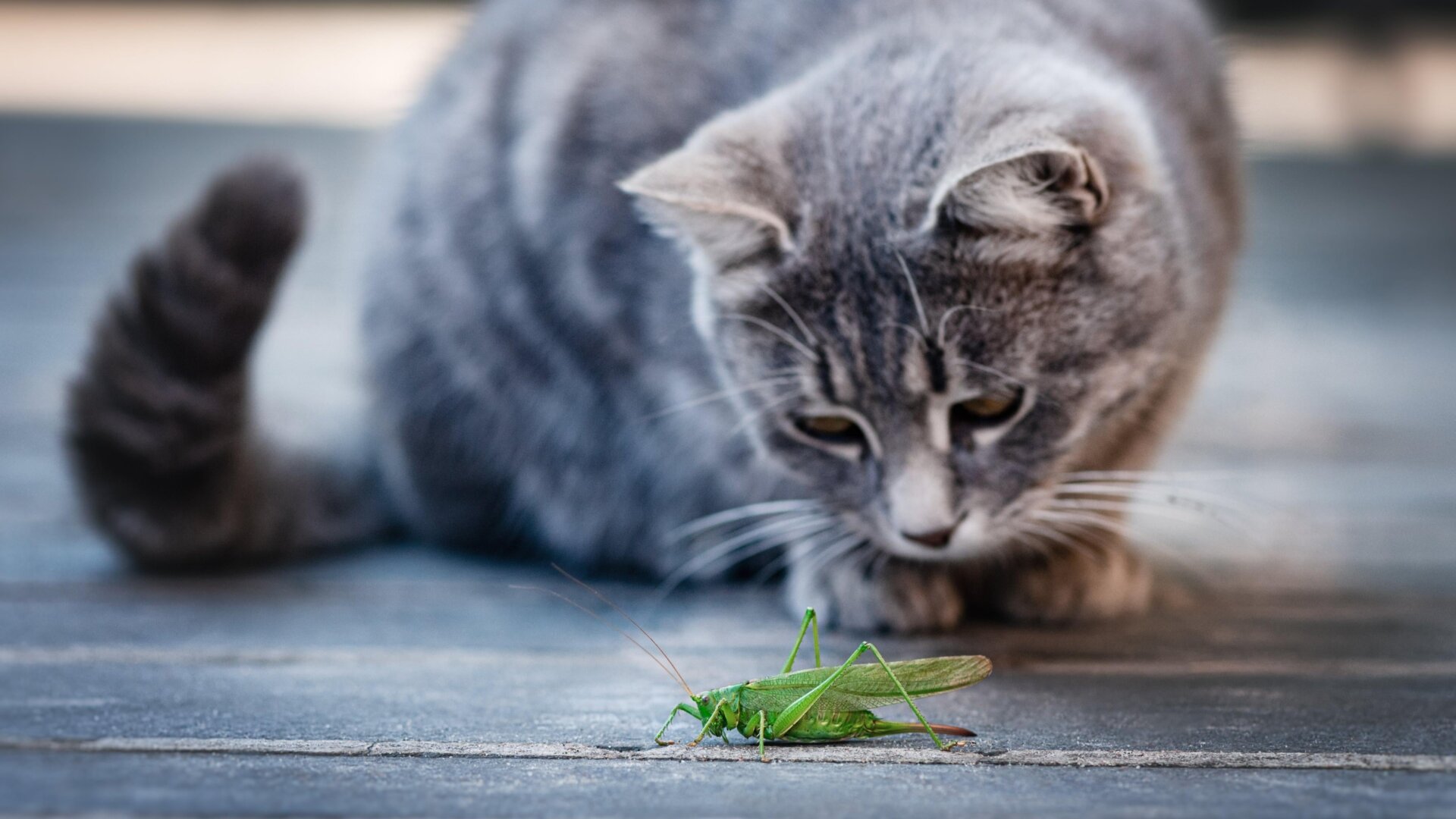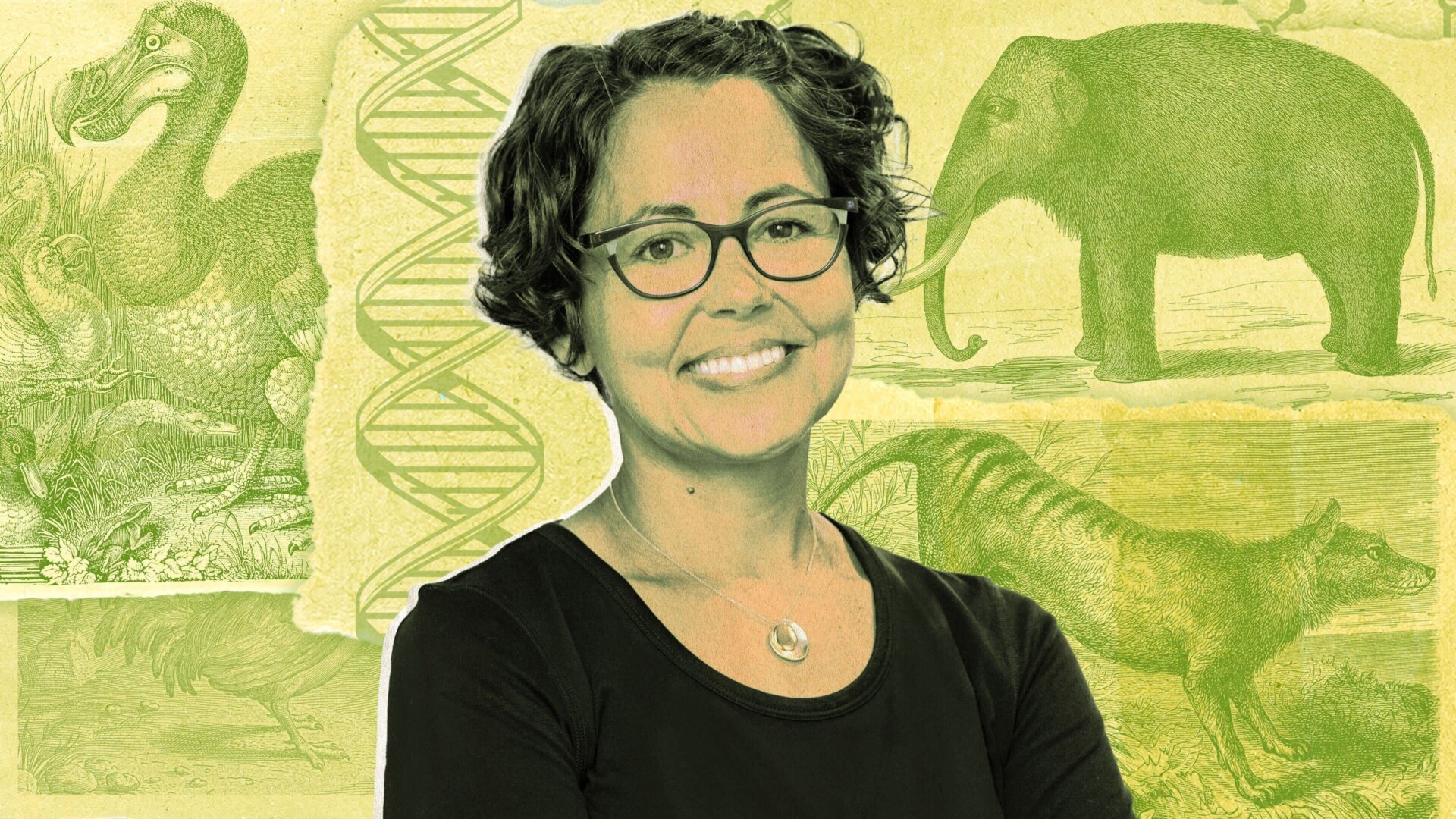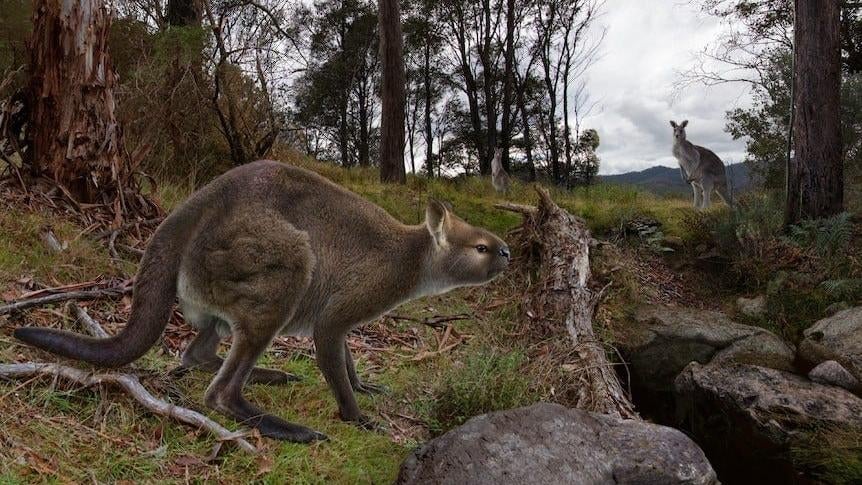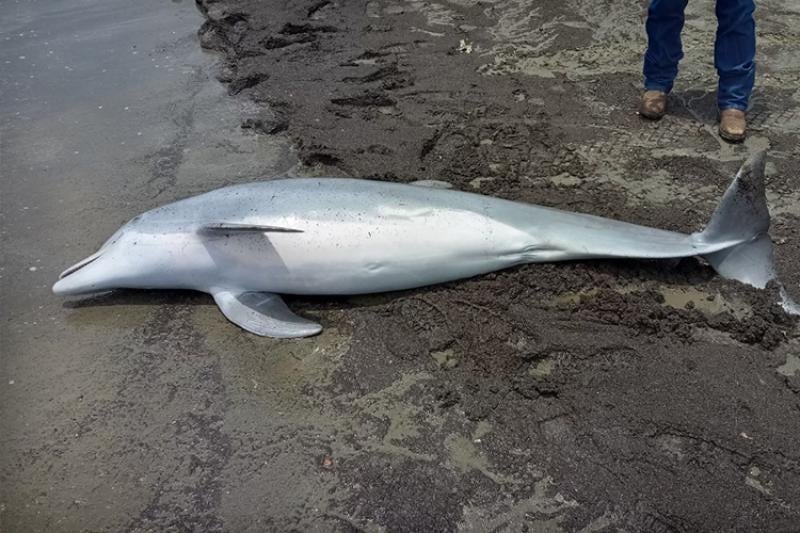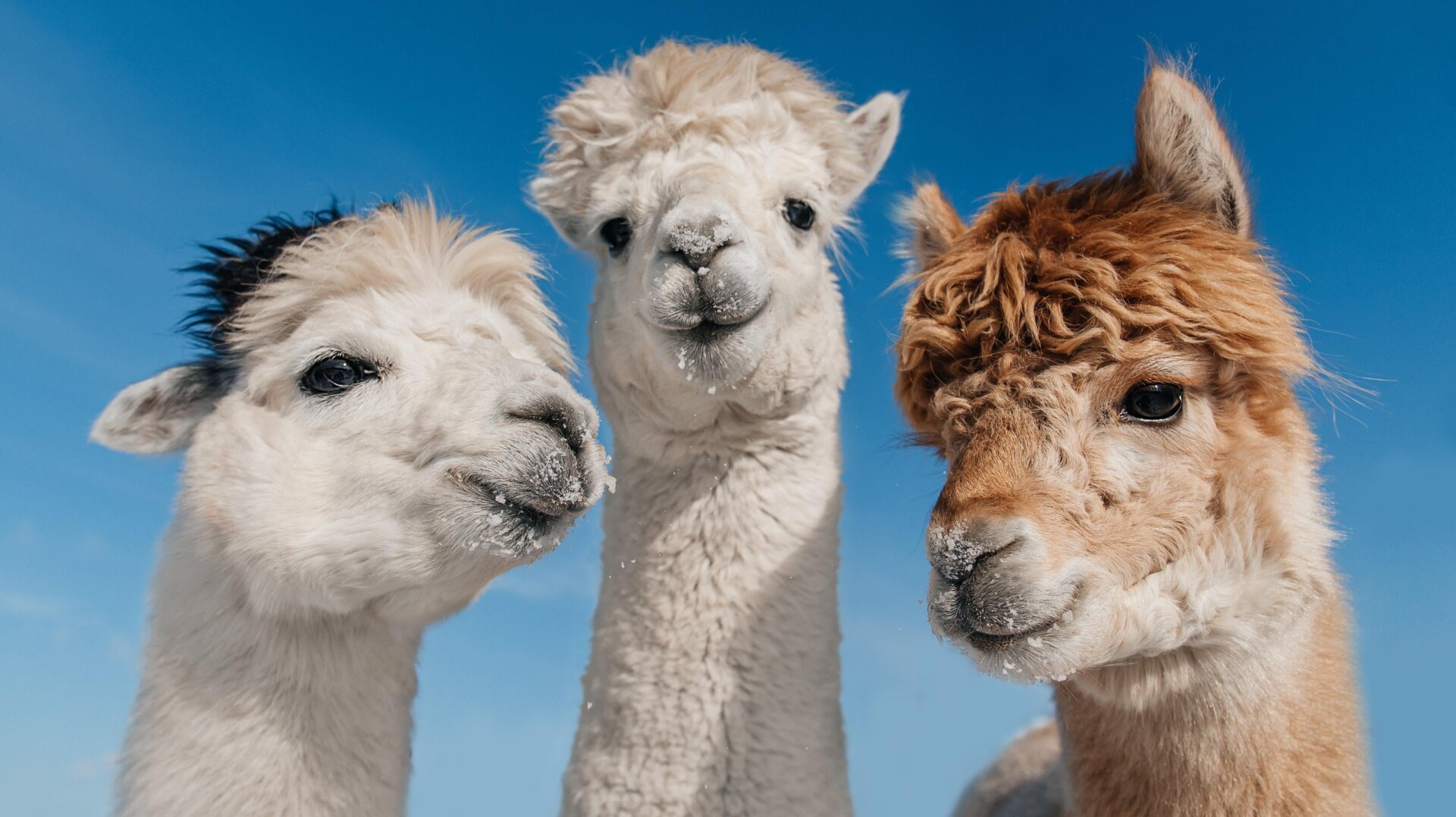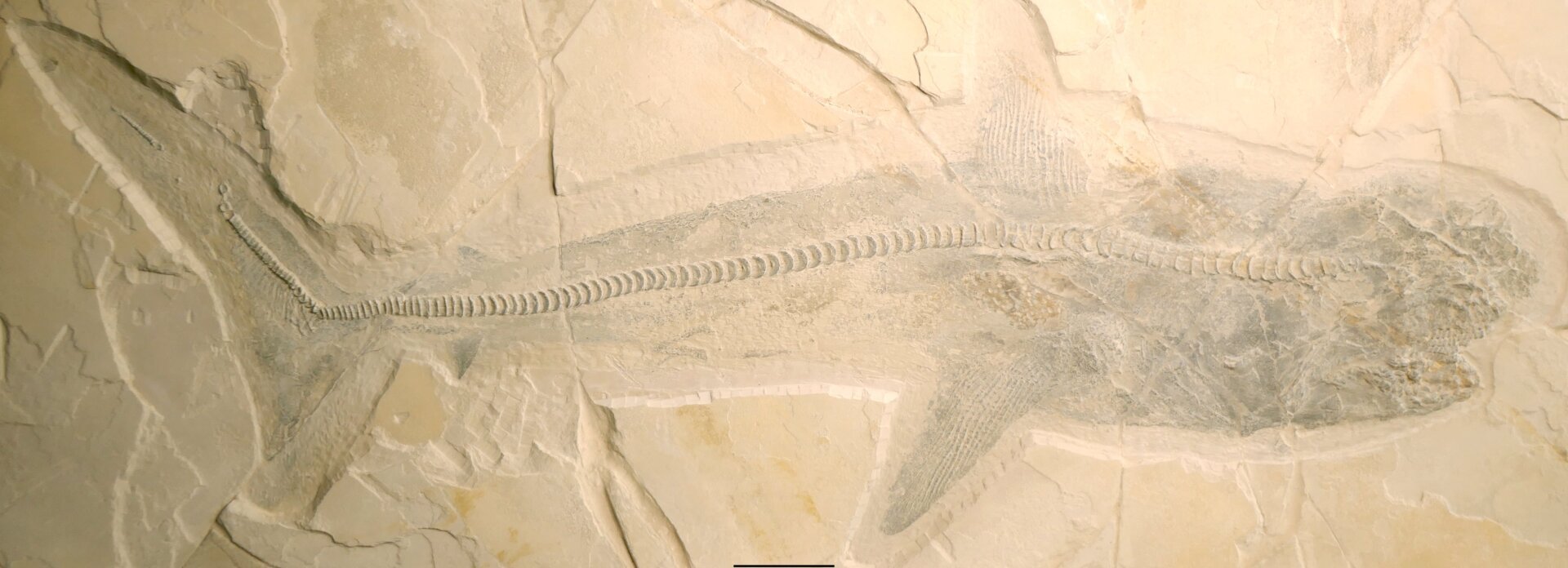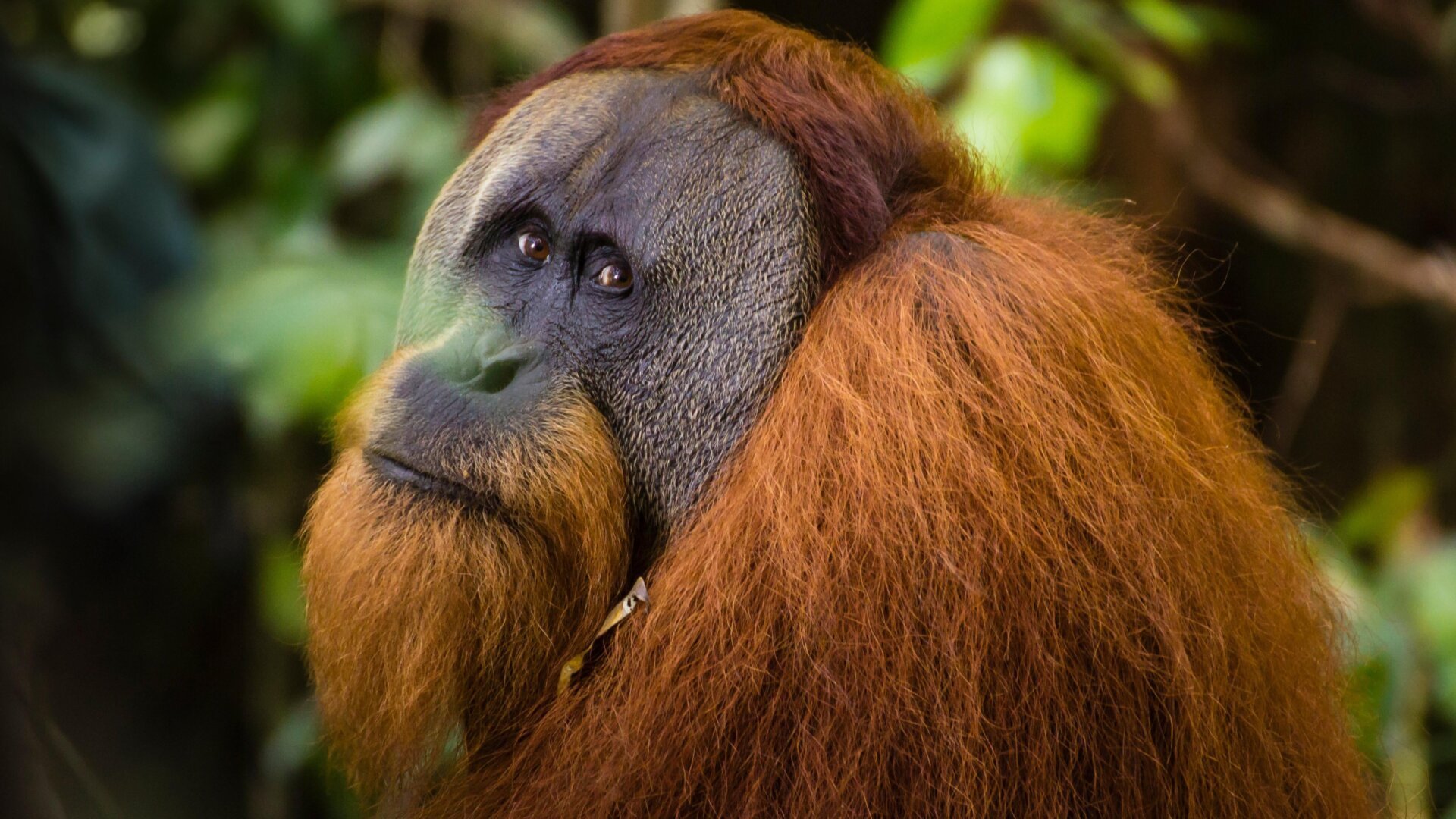Are you a cat owner? Have you considered the possibility of feeding your feline friend a diet of insects? Researchers at the University of California, Davis, are keen to understand your perspective on this emerging trend in pet food. They’ve launched a survey exploring owner attitudes toward insect-based cat food, a diet some believe could be more sustainable and potentially healthier than traditional options.
This research, conducted by the Animal Welfare Epidemiology Lab at UC Davis, builds upon their previous work exploring various aspects of cat ownership, including senior cat health, remote veterinary care, and feline socialization. This latest project, led by undergraduate researcher Emily Jang, focuses specifically on gauging public opinion on insect-based diets for cats.
“Our research study aims to gather cat owners’ opinions on insect-based cat diets to understand the factors influencing their willingness to purchase and use these foods,” Jang explained in an email to MaagX.
Several studies suggest potential benefits of insect-based diets for cats. In the wild, cats naturally consume insects as part of their diet. Certain edible insects offer a rich blend of nutrients. Furthermore, since common cat food allergies often stem from beef, dairy, or fish, insect-based alternatives may reduce the risk of allergic reactions. Insect farming is also considered more environmentally sustainable than traditional meat production, like cattle farming.
While the debate continues about the role of edible insects in human diets, the insect-based pet food market is experiencing steady growth. Numerous brands are available globally, predominantly in Europe, but the industry is also emerging in the U.S.
Jang highlights the limited research on American cat owner perceptions of this trend, a gap her team aims to address.
“Insect-based cat foods hold significant potential for widespread adoption,” Jang stated. “However, understanding U.S. cat owner opinions on this emerging trend is crucial.”
The team seeks responses from at least 400 cat owners aged 18 and older. Their research will investigate potential correlations between attitudes toward insect-based cat food and other factors, such as environmental concerns and current dietary habits. They also aim to identify information that could encourage cat owners to consider this alternative. The team anticipates submitting their findings to a peer-reviewed journal by September.
“We hope readers will approach this growing area of cat food with open minds and careful consideration,” Jang commented. Cat owners interested in participating can complete the 10-minute survey here.



